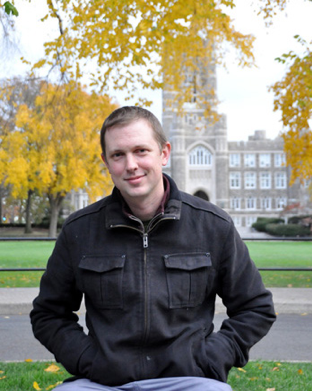On April 29, 2021, Prof. Magda Teter published, “When Poverty Became Profane” in the April 29th issue of the New York Review Books. Below is an excerpt of Teter’s debut NYRB piece.
“The questions about poverty and charity we are facing now, in the middle of a major economic and public health crisis, are not new. They reflect our moral values as well as our social, legal, and political structures. (Tellingly, in the US, charitable giving is intertwined with tax codes.) To be sure, these values do change over time and vary across regions and cultures. In Judaism, tzedakah—roughly, charity—is a moral obligation, a mitzvah. (Although a mitzvah is also considered a good deed, in Hebrew it means a religious precept or commandment.) “Formal institutions for poor relief,” not just individual almsgiving, Kaplan writes, were already
“prescribed” in the Mishnah and the Tosefta—ancient Jewish texts from the second and third centuries CE. Zakat, or almsgiving, is one of the Five Pillars of Islam.
In Christianity, by contrast, charity is not a commandment or a pillar of religious practice, though Jesus’ teachings about poverty and wealth have played an important part in the development of Christian views on charity and on the role of the poor within society. In Christian medieval communities, for example, poverty was not considered shameful. Quite the opposite: poverty as a voluntary way of life was seen as a manifestation of piety, embodied most famously by Saint Francis of Assisi and the members of mendicant orders. In the seventh century Saint Eligius reportedly said, “God could have made all men rich, but He wanted there to be poor people in this world, that the rich might be able to redeem their sins.” The poor begging at church entrances were a common sight, offering the wealthy an opportunity to give alms. Even the word for “hospice” suggested an aura of holiness. In Paris, it was Hôtel-Dieu, and among Jews of Northern Europe it was called a hekdesh, related to the Hebrew root for “holy,” k-d-sh.
Then, Kaplan notes, echoing the historian Thomas Max Safley, “something happened to charity in early modern Europe.” In the late fifteenth and early sixteenth centuries, crop failures led many of the rural poor to move to cities. Frequent epidemics overwhelmed local hospices, and religious individuals and institutions alike were unable to provide adequate support to the sick and the poor. More formal solutions were needed, and almsgiving and poor relief became increasingly regulated. Now the poor were no longer seen as a means of redemption for the rich but as a public nuisance and a social burden, and perhaps as a vector of disease.
The cities began to define who was deserving and undeserving of aid. Public begging was increasingly banned, poverty was gradually criminalized, and residency was required to qualify for poor relief. In 1516, for example, Paris banished “vagabonds.””
You can follow Prof. Magda Teter on Twitter @MagdaTeter.






